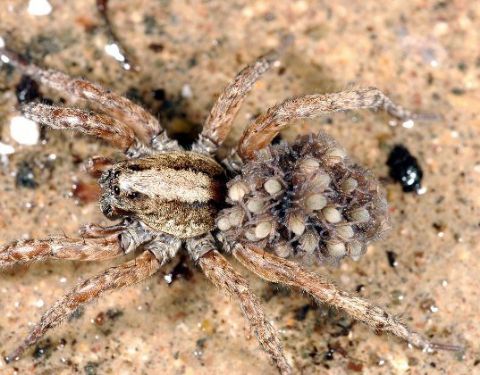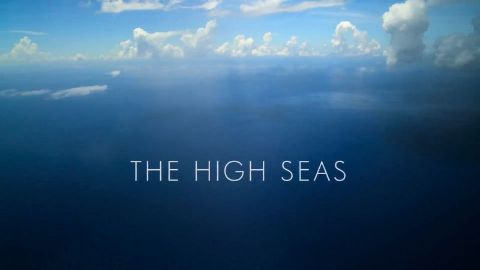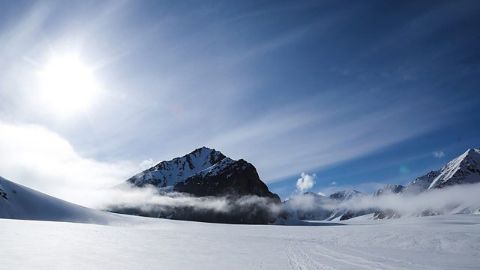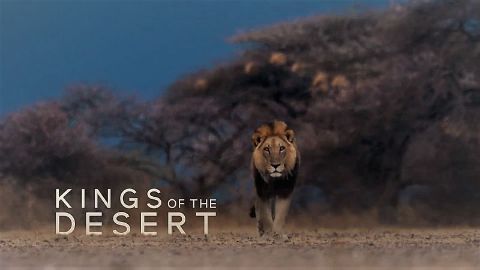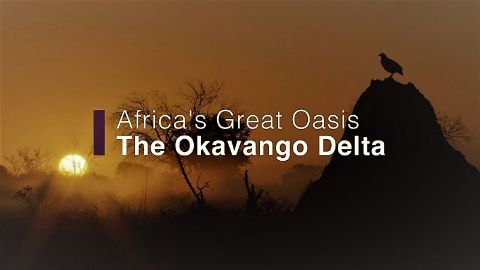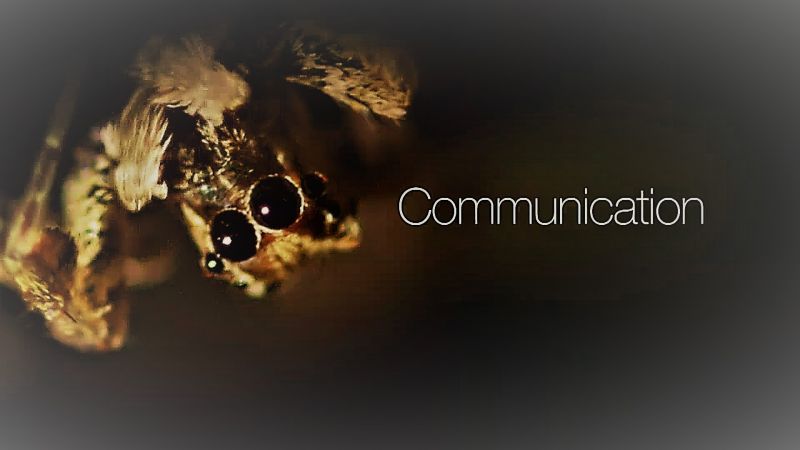A Rain Story • 2009
The beautiful, mysterious world of rain is visualized using the latest filming technology. Ultra-high speed cameras capture breathtaking images in Odaigahara, the rainiest area in Japan that receives an annual rainfall of 5,000 millimeters. On the ground form lakes that only appear after summer heavy rains, allowing rare frogs to thrive. In winter, a unique natural phenomenon called Glazed Frost takes place if rain falls unfrozen and the air temperature is below zero. Through poetic cinematography, we discover just how rain enriches the natural beauty in Japan, a country unusually blessed with rain.
Make a donation
Buy a brother a hot coffee? Or a cold beer?
Hope you're finding these documentaries fascinating and eye-opening. It's just me, working hard behind the scenes to bring you this enriching content.
Running and maintaining a website like this takes time and resources. That's why I'm reaching out to you. If you appreciate what I do and would like to support my efforts, would you consider "buying me a coffee"?
Donation addresses
BTC: bc1q8ldskxh4x9qnddhcrgcun8rtvddeldm2a07r2v
ETH: 0x5CCAAA1afc5c5D814129d99277dDb5A979672116
With your donation through , you can show your appreciation and help me keep this project going. Every contribution, no matter how small, makes a significant impact. It goes directly towards covering server costs.
